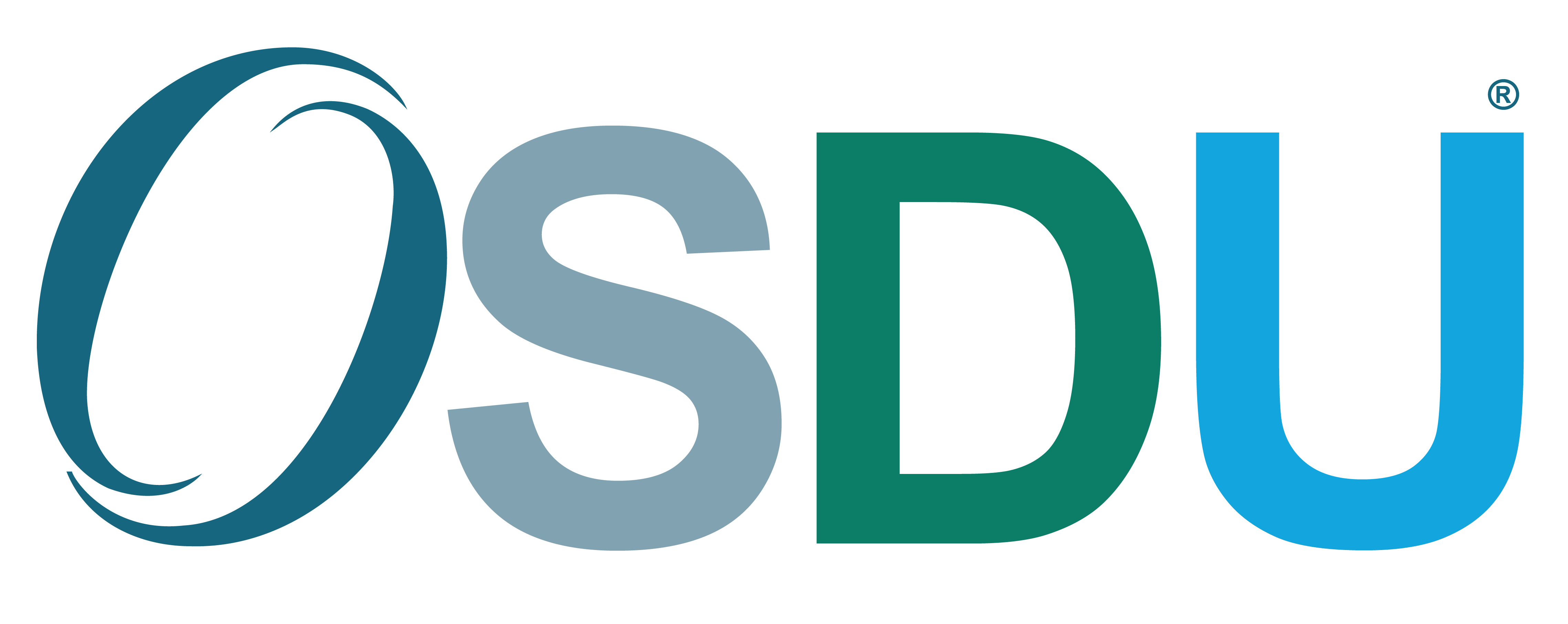By Ash Patel – CDMP, Marketing Specialist, The Open Group
Recently we reached out to Einar Landre of Equinor to discuss his role as an operator representative to The Open Group OSDU® Management Committee.

- Please tell us about your occupation and what made you get into your line of work?
I am a computer scientist by training with a master’s degree in software engineering. I split my work life in two. I spent my first two decades working in the tech industry as developer, maintainer, consultant, and team lead in various companies. Here I had the opportunity to work on various applications, first and foremost communications systems, software for the International Space Station, Synthetic Aperture Radar image processing, and various business systems.
In 2004, I moved from Oslo to Stavanger for family reasons, and was engaged by then Statoil, now Equinor as lead architect on a modernisation of the oil trading systems. Equinor gave me an offer I decided to accept and have been with Equinor since. Here, I have had many roles in the IT department as system architect, leading advisor, leader IT drilling and wells, and technology scout.
It was through my role as a technology scout that I became involved with The Open Group OSDU Forum in 2019 and have worked full time on that area since 2021 when Equinor reorganized.
- Please can you describe your journey with The Open Group OSDU Forum so far?
I was involved in the forming of the OSDU Forum where I held the role as Equinor’s focal point. Most of my work has been related to the Enterprise Architecture Work Group, but I have been involved in many Forum work streams since. Being elected to the OMC in September was nice as I saw that as a confirmation of the work, I have done up till now having been valued by the other Members.
Coming with the background I do, my first and foremost focus will be to help the Forum establish an engineering practice that matches the ambition of the Forum deliveries.
We need to acknowledge that the OSDU Data Platform will fill a business-critical role for its users, and when it comes to drilling data it might even be the home of datasets supporting safety-critical workflows.
- How important is collaboration and what challenges to collaboration do we face?
Collaboration is key to everything the Forum do. Building a data platform aimed at transforming an industry is more than one company can do alone.
When it comes to challenges, I also like to talk about opportunities. I think again from my background as a software engineer that the wasteness of the subsurface domain and the ambiguity that comes from various disciplines use different words for the same concept makes the domain much more complex than necessary.
Here I see the opportunity, as the OSDU Forum provides an arena where we can harmonise and align the foundational information concepts that constitute the subsurface domain. By doing that we contribute to building down the silos and simplify realisation of these information concepts into software.
- Are there any stories you would like to share that have shaped you professionally into the person you are today?
I need to go back to my first job at then Norsk Data, a mini-machine computer company, now long gone, where I was tasked to maintain and develop our IBM mainframe terminal emulators.
I was given access to four things, the source code, the development team, a working product whose behaviour I could explore, and most important of all, access to Nisse Larson, a mainframe system programmer who though me all I needed to know about the IBM mainframe network architecture. Four years later when my role changed, I had the feeling of being at a different level of understanding, I knew the architecture and the product inside out. Almost like Jonathan Livingston Seagull in Richard Back’s allegorical fable with the same name.
So, how did this experience shape me? Firstly, that it’s possible to learn and understand what you don’t. Secondly, that we all need a mentor and especially in the beginning of a professional career. Thirdly, and maybe most important, the importance of staying long enough within a domain so you understand it down to the nitty gritty details.
Finally, those four years shaped my professional self to what enabled me to do what I have done over the last three decades.
- If you could develop a new type of technology, what would it be and why?
This is a tricky one. I have been fortunate to be allowed to contribute to many hard engineering problems during my career, and what I love the most is to be part of transforming ill structured problems into neat and beautiful technical solutions.
Given that, and that prosperity requires affordable energy, the technology I would really enjoy being part of developing is a safe, affordable, container-sized, transportable, intelligent, and clean nuclear power plant. A powerplant that could be mass produced and be used where it’s needed reducing the need for building down nature in our pursuit of clean energy. Such powerplant have some interesting computer control problems that I would have loved to be part of putting in place.
- What is a business philosophy or principle that you follow?
I don’t think I have any single philosophy beyond the importance of putting people in front of technology. Most problems an engineer face is about people and people’s interaction with technology. Too often I see that engineers expose the complexity of their solutions to the consumer of the technology. This applies end user graphical end user interfaces as well as software application interfaces.
- What advice would you give to someone who’s looking to work in your field?
To make sure that you invest the time, have the grit to learn something thoroughly before you move on. Add to that, the importance of understanding that whatever problem you are tasked to solve, it always boils down to working with people.
- What are you most looking forward to for the year ahead?
In the coming year, I think the single thing I look most forward to is to contribute to a successful Journey to Venus, i.e. that the objectives set for that journey are met. Personally, I think this boils down to helping the Forum to establish a more professionalized software and data engineering process and a team with clear roles and responsibilities, and that we can provide better end user documentation e.g., a programmer guide for OSDU applications.
Ash Patel – CDMP, Marketing Specialist, joined The Open Group in 2020, initially working in the Certification Team as a Certification Services Agent, before moving into the Marketing Team where he now works on marketing collateral, SEO (Search Engine Optimization), and co-hosting The Open Group, Open Comments Podcast. Ash holds a First-Class Bachelor’s Degree in Media Production (BA hons) from Coventry University. He is based in the UK.

